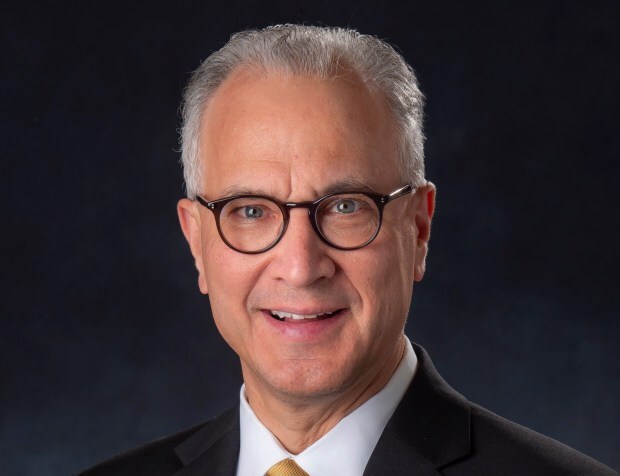
Mark Kennedy steps down from his position as CU's president
By Elizabeth Weiler
On May 10, 2021, University of Colorado’s President, Mark Kennedy, stepped down from his position of CU system president.
Kennedy, who served 21 months as president, said in his email to CU faculty, staff and students, “The Board of Regents has a new makeup this year, which has led to changes in its focus and philosophy.”
The four CU campuses, Colorado Springs, Boulder, Denver and Anschutz campus, will be affected by this transition of a new president. Some consider Kennedy’s step down as a loss, while others view it as an opportunity for new beginnings, especially ones that start with the prioritization of anti-racist policy.
The decision and support for the resignation was mostly influenced by the University of Colorado Board of Regents. The regents, who serve six staggered terms, are responsible for governing CU’s system.
One of the primary jobs of the regents are both hiring and evaluating the president. It was these evaluations that led to the decision of transitioning to a new president.
“They are nine elected officials and do not often see any one issue through the same lens,” said the Vice President for University Communication, Ken McConnellogue, in regard to the CU Regents. “For me, I think it’s unfortunate. He’s a good man who has worked extremely hard to make the University successful.”
From the start of his presidency, Kennedy has been on diversifyCUnow’s—a Boulder campus activist group radar. They have consistently recognized and called out Kennedy’s malfeasance.
“We did expect this to happen and we are glad for every student, postdoc, fellow, researcher, staff, faculty and administrator who used their position to call for action, too,” said diverisfyCUnow organizer, Holly Olivarez.
“It’s about time white male leaders are held accountable for their actions,” said Olivarez. “CU President Kennedy’s words and actions caused harm as evidenced by how many people, in organized and CU-recognized groups and not, have come forward to take action.”
Olivarez mentioned her peers in diversifyCUnow are “elated, activated, empowered and energized”. The organization, which previously created a timeline of Kennedy’s discriminatory tendencies and events, was expecting the news of a resignation. Although they represent a great number of people who were against Kennedy’s lack of equity policy, others see the resignation as a loss.
“Contrary to popular belief, he’s done a lot,” said McConnellogue. “I think it’s unfortunate and it causes considerable disruption throughout this large and complex organization.”
McConnellogue refers to efforts including a CU-led effort to allow in-state tuition for indigenous students from tribes that once called Colorado home and a provided $2 millions of President’s Initiative Funds to advance CU Denver as a Hispanic Serving Institution.
McConnellogue admits there are mixed feelings amongst the regents and he is confident some are pleased with the decision.
Although members on the Board of Regents who make anti-racist policy a priority are potentially responsible for Kennedy’s abdication, Kennedy commends them, saying, “I appreciate the many smart and dedicated people who work hard every day to help the university meet its mission to serve its students and the state.”
With speculation for the future of the presidency, diversifyCUnow remains hopeful, “we are not nervous because so many of us are involved, paying attention, and understand how important this work is,” said Olivarez.
Those who support the resignation of Kennedy feel the CU system is outdated and can now adjust with its changing campus.
“Faculty aren’t connected to staff and regents aren’t connected to folks on campuses and more. The reason for this has everything to do with the structure of the system, which is yet another reason for change.” said Olivarez.
In an email to the CU community Chancellor Phillip DiStefano of CU Boulder assures with the loss of the president, the campus will offer a fuller student experience in the upcoming in-person fall semester and will “improv[e] diversity, equity and inclusion; and ensur[e] our fiscal resilience.”

